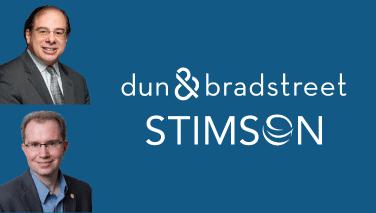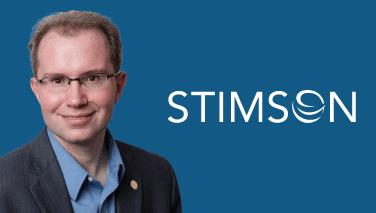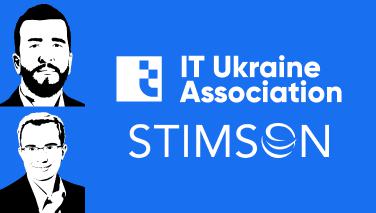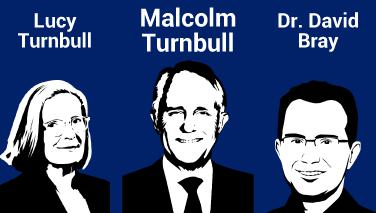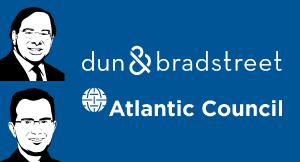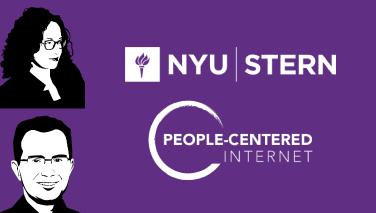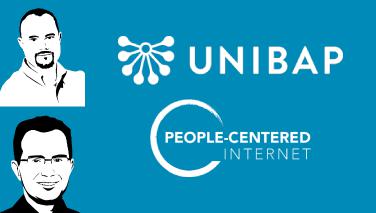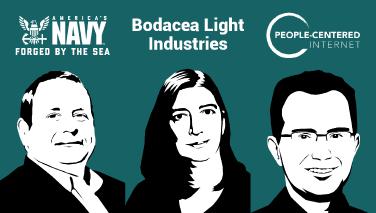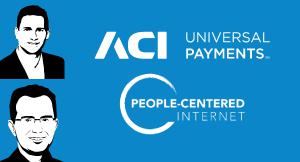Dr. David A. Bray, Stimson Center
Distinguished Fellow
Dr. David A. Bray Biography
Dr. David A. Bray is both a Distinguished Fellow and co-chair of the Alfred Lee Loomis Innovation Council at the non-partisan Henry L. Stimson Center. He is also a non-resident Distinguished Fellow with the Business Executives for National Security, and a CEO and transformation leader for different “under the radar” tech and data ventures seeking to get started in novel situations. He is Principal at LeadDoAdapt Ventures and has served in a variety of leadership roles in turbulent environments, including bioterrorism preparedness and response from 2000-2005. Dr. Bray previously was the Executive Director for a bipartisan National Commission on R&D, provided non-partisan leadership as a federal agency Senior Executive, worked with the U.S. Navy and Marines on improving organizational adaptability, and aided U.S. Special Operation Command’s J5 Directorate on the challenges of countering disinformation online. He has received both the Joint Civilian Service Commendation Award and the National Intelligence Exceptional Achievement Medal. David accepted a leadership role in December 2019 to direct the successful bipartisan Commission on the Geopolitical Impacts of New Technologies and Data that included Senator Mark Warner, Senator Rob Portman, Rep. Suzan DelBene, and Rep. Michael McCaul. From 2017 to the start of 2020, David also served as Executive Director for the People-Centered Internet coalition Chaired by Internet co-originator Vint Cerf and was named a Senior Fellow with the Institute for Human-Machine Cognition starting in 2018. Business Insider named him one of the top “24 Americans Who Are Changing the World” under 40 and he was named a Young Global Leader by the World Economic Forum. For twelve different startups, he has served as President, CEO, Chief Strategy Officer, and Strategic Advisor roles.
David’s passions include complicated, near-impossible missions involving humans and technology in challenging circumstances. Through the efforts of a team of “positive change agents”, he led the transformation of the Federal Communication Commission’s legacy IT with more than 207 different systems to award-winning tech. This included rolling out new cloud-based IT that achieved results in 1/2 the time at 1/6 the cost. He was the recipient of the Armed Forces Communications and Electronic Association’s Outstanding Achievement Award for Civilian Government. He also received the global CIO 100 Award twice, which usually is awarded to private sector Fortune 500 companies, both in 2015 and 2017, for his transformational leadership in change-adverse settings. From 2017-2021, he both worked with multiple services associated with the U.S. Department of Defense on improving organizational adaptability and countering disinformation online – including personally surviving a disinformation attack that occurred in 2018. In 2019, he was invited to give the AI World Society Distinguished Lecture to the United Nations on UN Charter Day.
As Principal at LeadDoAdapt Ventures, Dr. Bray’s passions include providing Board-level and CEO-level leadership to different “under the radar” tech and data ventures seeking to get started in novel situations to include activities that shape the Future of Data, Bio, and Space. He provides strategic direction, advice, and leadership to organizations confronting turbulent environments on multiple topics ranging from quantum computing to commercial space endeavors; synthetic biology to data cooperatives paired with AI. He accepted a role of Co-Chair for 2016-2017 with an IEEE Committee focused on Artificial Intelligence, automated systems, and innovative policies globally and has been serving as a Visiting Executive In-Residence at Harvard University since 2015 and as a Faculty Member giving talks on Impact and Disruption at Singularity University since 2017. In 2021 and 2022, he was named a Distinguished Fellow with the Atlantic Council. In 2023, he was named a distinguished Academy Fellow with the National Academy of Public Administration focused on the role of transformative technologies, like AI, on public service. In 2022, the Business Executives for National Security welcomed him as a Distinguished Fellow focused on the intersection of transformative technologies, global collaborations, and over-the-horizon challenges for the future ahead. David has been an invited keynote speaker to CEOs, world leaders, and crowds of more than 3,000 participants at events in India, Vietnam, Australia, Taiwan, Dubai, South Africa, Brazil, Colombia, Mexico, Canada, Belgium, Sweden, Singapore, Saudi Arabia, Switzerland, and the United Kingdom.
